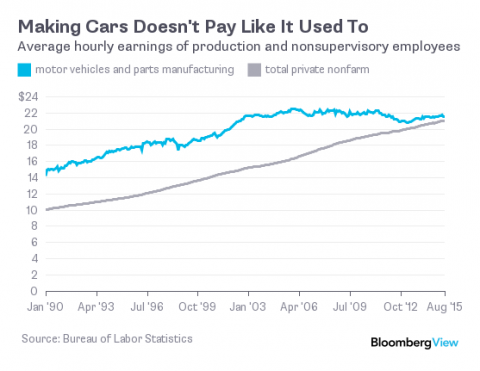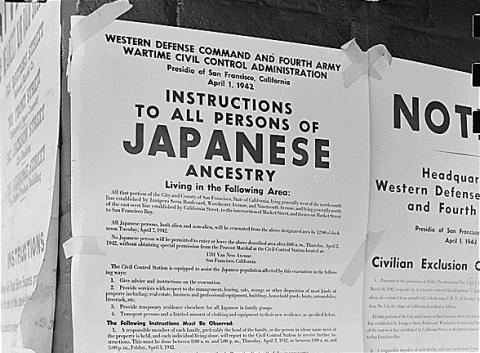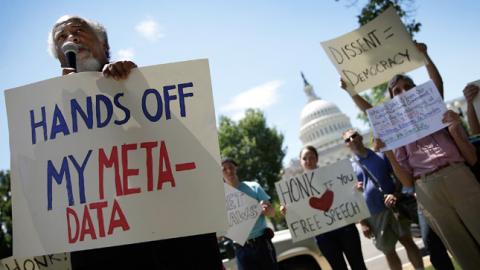How Higher Wages for U.S. Autoworkers Could Help You Get a Raise, Too
Bloomberg

While new labor contracts cover only 140,000 unionized employees at the Big Three carmakers, they could lift pay standards for the nearly 1 million people who work in the U.S. auto industry and may also spur wage gains through the broader labor market. The deals come after a decade without raises for senior workers and lower wages and benefits for new hires--which almost completely eliminated the wage premium autoworkers once enjoyed over the average American worker.









Spread the word